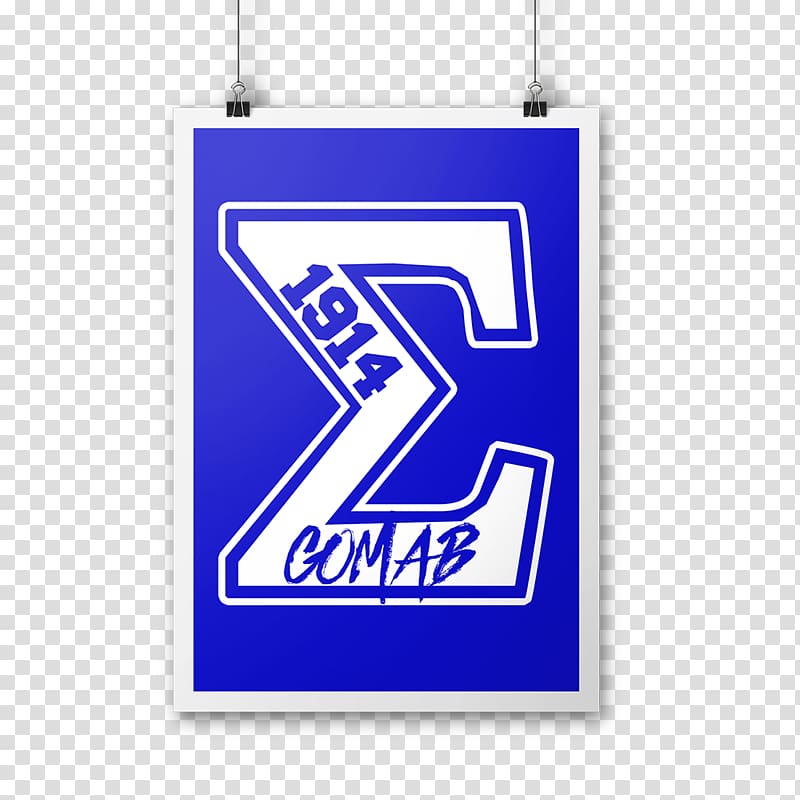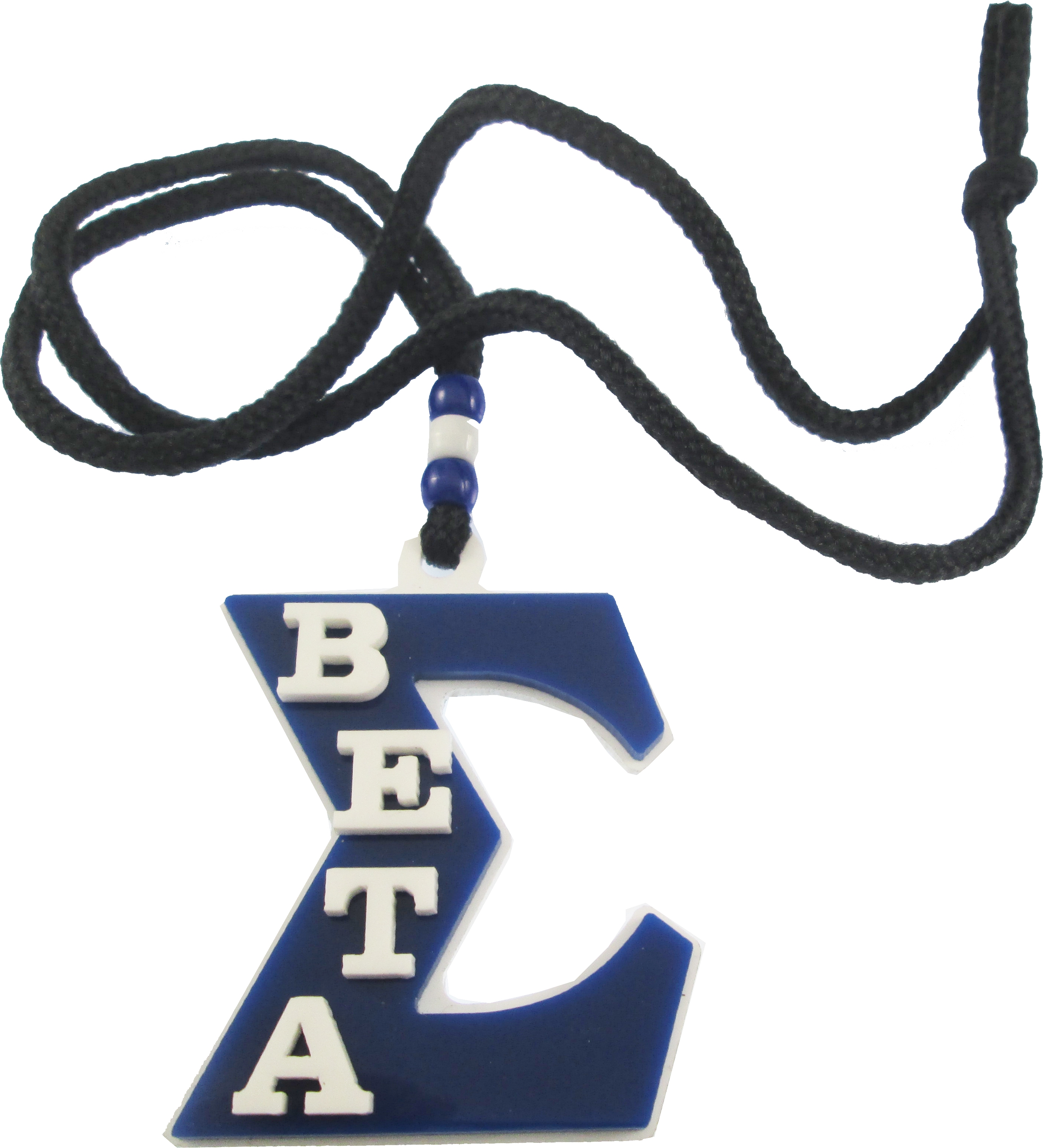

The new society was intended to be "purely of domestic manufacture, without any connection whatever with anything European, either English or German." : 84 The founders of Phi Beta Kappa declared that the society was formed for congeniality and to promote good fellowship, with "friendship as its basis and benevolence and literature as its pillars." : 84 Secret fraternal society Phi Beta Kappa national headquarters "had lost all reputation for letters, and was noted only for the dissipation & conviviality of its members"). John Heath, chief organizer of the Phi Beta Kappa, according to tradition earlier sought but was refused admission to the P.D.A., though he may instead have disdained to join it (much later, his friend and fellow student William Short wrote that the P.D.A. Society, was publicly known as "Please Don't Ask". Ī second Latin-letter fraternity at William & Mary, the P.D.A. was a Latin-letter society, its name taken from the initial letters of a Latin motto (perhaps "Fraternitas, Humanitas, Cognitioque"). Society (nicknamed "the Flat Hat Club"), founded in 1750, is the first collegiate secret society recorded in North America unlike the newer Phi Beta Kappa, the F.H.C. Older fraternal societies existed at William & Mary. here, too, you are to indulge in matters of speculation that freedom of inquiry which ever dispels the clouds of falsehood by the radiant sunshine of truth.". : 83–85 In the Phi Beta Kappa Initiation of 1779, the new member was informed, "here then you may for a while disengage yourself from scholastic cares and communicate without reserve whatever reflections you have made upon various objects remembering that everything transacted within this room is transacted sub rosa. The earliest records indicate only that the students met to debate and engage in oratory, and on topics that would have been not far removed from the curriculum. Whether the students organized to meet more freely and discuss non-academic topics, or to discuss politics in a Revolutionary society is unknown. (Some of the original members of Phi Beta Kappa did become Freemasons, but later in life). A persistent story maintains that a Masonic lodge also met at this tavern, but the Freemasons gathered at a different building in Williamsburg. The group consisted of students who frequented the Raleigh Tavern as a common meeting area off the college campus. The society established the precedent for naming American college societies after the initial letters of a secret Greek motto. The Phi Beta Kappa Society had its first meeting on December 5, 1776, at the College of William and Mary in Williamsburg, Virginia by five students, with John Heath as its first President. History Origins Phi Beta Kappa Memorial Hall entrance at The College of William & Mary Phi Beta Kappa ( ΦΒΚ) stands for Φιλοσοφία Βίου Κυβερνήτης ( Philosophia Biou Kybernētēs), which means "Wisdom is the guide of life". Supreme Court justices, and 136 Nobel laureates have been inducted members.

It was founded at the College of William and Mary on December 5, 1776, as the first collegiate Greek-letter fraternity and was among the earliest collegiate fraternal societies. Phi Beta Kappa aims to promote and advocate excellence in the liberal arts and sciences, and to induct the most outstanding students of arts and sciences at only select American colleges and universities. The Phi Beta Kappa Society ( ΦΒΚ) is the oldest academic honor society in the United States, and the most prestigious, due in part to its long history and academic selectivity. To celebrate and advocate excellence in the liberal arts.


Honor society for the liberal arts and sciences in the United States


 0 kommentar(er)
0 kommentar(er)
